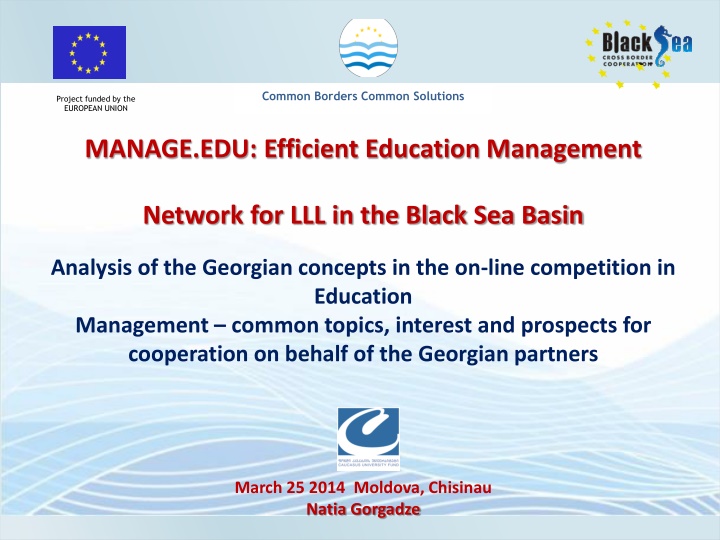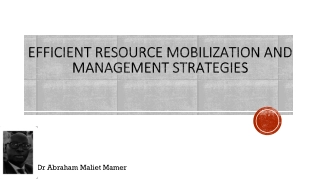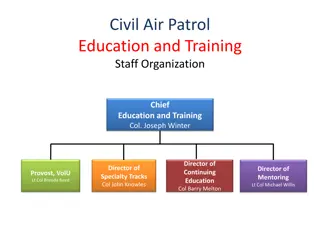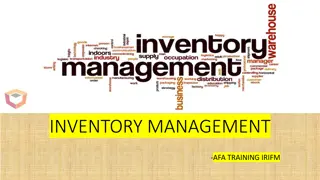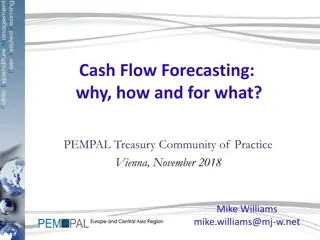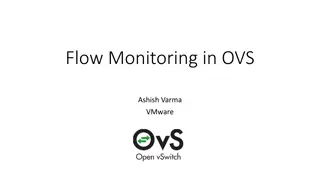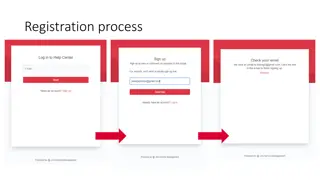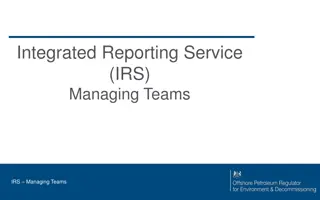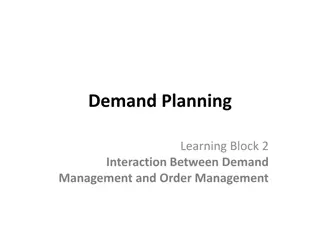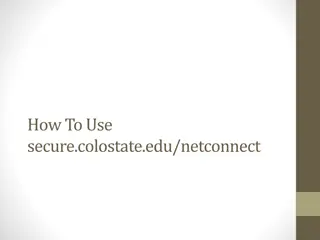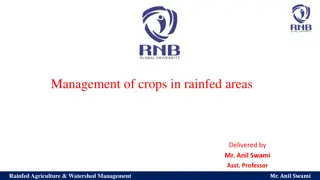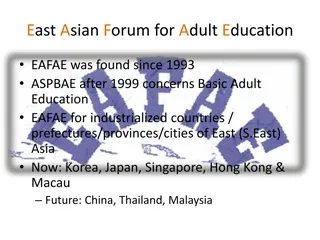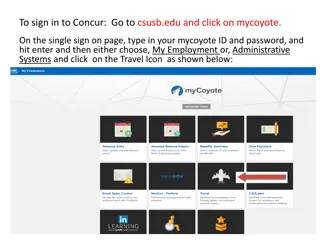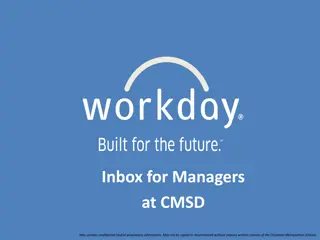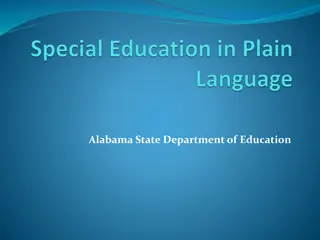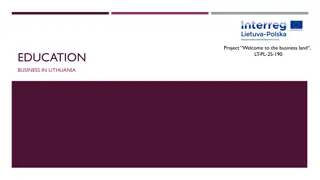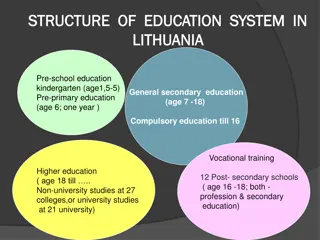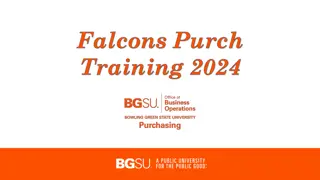MANAGE.EDU: Efficient Education Management
This project, funded by the European Union, focuses on exploring Georgian concepts in online education management. It aims to identify common topics, interests, and prospects for cooperation among Georgian partners. The event took place on March 25, 2014 in Chisinau, Moldova.
Download Presentation

Please find below an Image/Link to download the presentation.
The content on the website is provided AS IS for your information and personal use only. It may not be sold, licensed, or shared on other websites without obtaining consent from the author.If you encounter any issues during the download, it is possible that the publisher has removed the file from their server.
You are allowed to download the files provided on this website for personal or commercial use, subject to the condition that they are used lawfully. All files are the property of their respective owners.
The content on the website is provided AS IS for your information and personal use only. It may not be sold, licensed, or shared on other websites without obtaining consent from the author.
E N D
Presentation Transcript
Common Borders Common Solutions Project funded by the EUROPEAN UNION MANAGE.EDU: Efficient Education Management Network for LLL in the Black Sea Basin Analysis of the Georgian concepts in the on-line competition in Education Management common topics, interest and prospects for cooperation on behalf of the Georgian partners March 25 2014 Moldova, Chisinau Natia Gorgadze
Vision for lifelong learning in Georgia LLL strategy should strive to adopt the want-to-learn attitude Is based on the competences to be able to learn; Is strengthened through subsequent provision of learning and development opportunities and services for the personal and professional development opportunities and services for the personal and professional development Targets diverse groups of individuals and creates opportunities for creating public and personal goods in social, cultural, ethical and economic domains of the state life.
Goal for lifelong learning in Georgia Strategic goals are to emphasize social, economic, cultural and political development of the country through addressing educational and learning needs of every individual citizen in Georgia including those deprived from the state goods and services, requiring special treatment and having limited access to offered services.
Terms and preconditions for success 1. Diverse levels and types of education and training are interconnected 2. Learning providers work in collaborative and cooperative way 3. LLL concept is built on unified concept aligning educational institutions of different level and structure, diverse types of learning differing from each other though context, timeframe, intensity, intermediate and final objectives, perspectives and destinations 4. State supports the shared vision of LLL strategy 5. LLL goals are related to work attainments 6. Quality insurance mechanisms for adoption and implementation of effective LLL policy is on ground and targets all types and levels of learning 7. The mechanisms for monitoring and summarizing the outcomes on different phases
LLL concepts Concept of personal development Employability and Career growth Social cohesion, equity and active citizenship
Dimensions Formal education at different grades Non-Formal /Informal education Adults Education including continuing education and professional development
Implementation of Georgian as a second language teaching program in non- Georgian language schools 2009- 2014 Elaboration and development of Georgian language textbooks and teaching resources 2009- 2014 Training for Georgian language teachers from Samtskhe-Javakheti and Kvemo Kartli non-Georgian language schools (special professional vouchers for teachers to study Georgian as communication language and Georgian as a second language) Already on voucher funding 2009- 2014 Elaboration and implementation of extracurricular educational and civil integration oriented programs and projects. 2009- 2014 In partnership with non-Governmental organizations Programs for assisting teenagers and adults in learning state language 2009- 2014 Planning and implementation of events to recruit Georgian language teachers in the regions 2009 Software, internet programs, web portals and educational games for studying Georgian language 2009
Description Outputs Title More training for the teachers in ICT and the reduction of the renewal time for the teaching More skilled Intensify, the teachers' training supports the goal that 60% of the teachers pass the advance training. teachers training in ICT Existing useful applications should be localised i.e. transferred into the requirements of the More Georgian Funds for education Georgian schools and into the Georgian language. Therefore the funds for such transfer should content content in Georgian be enlarged. Video training materials as well could be adapted to the purpose of schools. Cooperation between public and private sector in this field could be profitable for both sides. Certificate for studentsGeneral acknowledged and accepted certificate for students should be established. This would Certified students help employers to assess the ICT skills of potential candidates. This could be included in the graduation requirements. Teachers and schools need an effective system of IT support. IT-skilled persons should be IT support for Set up a new effective (virtually) available and their competences should meet the requirements of the schools. schools system of IT support Especially intensive coaching of those teachers with excellent IT skills, who become and IT coaches responsible for the development of ICT in their schools, should be organized. Teachers should be motivated to use their skills and ICT in the classroom. Additional benefits Increased usage of Motivation of teachers (like significant increase in salary) should be given to those teachers who use ICT intensively. ICT in classroom to use ICT Contests for top-motivated teachers should be initiated. Rural regions like in the mountains are lacking of high-qualified teachers. With the Better quality of E-learning/Blended introduction of e-learning and blend learning or with videoconferencing, pupils profit from teaching in rural learning high-quality teaching. A strategy should be drafted how to implement his system based on a areas valuation of the current situation. At teachers' colleges ICT should be a significant part of the curricula. Each graduated teacher Better trained ICT into the curricula of should have reached a certain standard of ICT skills which have to be defined. It must include teachers teachers the ability to use ICT and to use the methodologies of teaching with ICT in their subjects.
Directions for an effective cooperation Recognition - validation and acknowledgement of learning outcomes, namely knowledge, skills and competences acquired through non-formal and informal learning Functional literacy - Literacy is the most important component of lifelong learning. Functional literacy is the cornerstone to a student s academic and, potentially, professional success. Therefore the strategy for development of lifelong learning in Georgia should encompass the vision and directions for development of functional literacy among the diverse groups of population Social partnership - influence governmental institutions in order to create a strong link and political coherence between employment, education and economic policies Quality Assurance Mechanisms - Government of Georgia should develop standards as well as the mechanism to assess, validate and certificate lifelong learning programs to assure the quality of education Learning during the various life phases policy for an encouragement of the citizens for education on each phase of life
Recognition Practical and effective mechanisms to identify and recognize all types of education Transition between the individual sectors of education System, which considers the further steps that would enable especially adults to acquire complete qualifications required for success in the labour market without attempting to increase their level of formal education. Effective development of the National Qualification Framework Comprehensive system of practical procedures and instruments for identification and recognition of the outcomes; Methods and instruments for verification of the results Engagement of stakeholders in facilitating opportunities for non- formal and informal learning and any subsequent validation processes
Functional literacy key competences of adults, especially those who were not prepared during their schooling, such as, e.g., information technology and environmental subjects. Language teaching experiences (English for adults) Preparation of teachers to use ICT and innovative approaches in teaching process. Ability to use information and communication technologies. Possession of state language has a key functionality for competitiveness on national labour market. Acquisition of all 8 key competences identified by European Commission
Social partnership The strategies and instruments to Influence on governmental institutions in order to create a strong link and political coherence between employment, education and economic policies with a view to supporting growth, inclusion and job creation, therefore social partnership plays significant role in these processes
Quality Assurance Mechanisms; Assessment or evaluation standards (such as criteria defining types of qualifications, qualification of experts of quality assurance and etc); Validation procedures (such as rules for methodologies, assessment practices, availability of information Certification mechanism (such as criteria for obtaining a certificate)
Learning during the various life phases Practical work on different aspects of learning that are important in different phase of life. Plan lifelong learning based on different phases of life from childhood till old ages. Facilitating of fluent transitions between the individual phases, and the development focuses overlap. Continuous character of lifelong learning and counteracts the separation of the individual educational sectors from each other
Criteria for an evaluation Innovation: The practices have to be innovative. In this context, "innovation" means the implementation of new ideas in the form of products or services that are considered new for the Black sea region Qualitative Improvement: The practices need to entail qualitative improvement in quality of education and the learning outcomes. The practices need to foster equal opportunities and help combat discrimination. Networking and cooperation refers to collaborating with other project partners and interfacing with other relevant players. Sustainability refers to its long-term orientation and stability. Knowledge transfer meant that, in the context of given process (e.g. evaluation), knowledge had to passed on from one institution to another (e.g. via media such as books, internet or databanks, exchange of experts and meetings).
